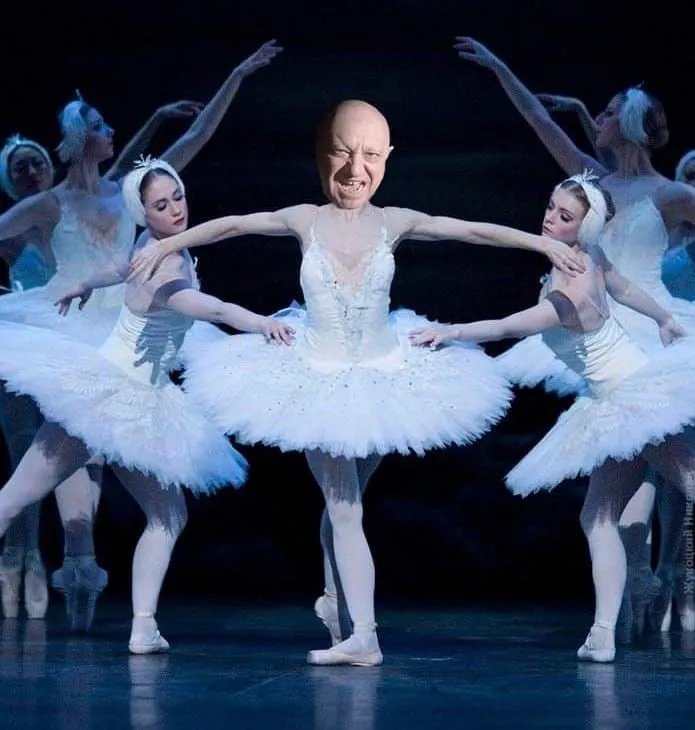Scholarship
Selected Presentations, with links to slide decks
—"Queerness ex nihilo?: On the Continuous Invention of Queer Art," Criminalized Again: Culture(s) of LGBTQI+ in Search for Freedom, Columbia University (forthcoming, April 2024)
—"An Archive of Loss: Serbia’s First Trans Play and its Community," ATSEEL Conference, Las Vegas (forthcoming, February 2024).
—"The Poetics of Queer Negativity: Slava Mogutin's Jouissance in Alterity," ASEEES, virtual conference, November 2020.
Public Scholarship
In summer 2023, as part of the Pforzheimer Fellowship at Harvard’s library, I worked on the accessibility of born-digital media related to Russia’s full-scale invasion of Ukraine. This entailed creating metadata for the meme wall of the Saving Ukrainian Cultural Heritage Online organization and the sorting of metadata related to an archive of primary source material related to the war.
Supported by the Raoul and Mary Smith Doctoral Research Grant at the Museum of Russian Icons (now, the Icon Museum and Study Center), I researched iconic thaumaturgy and hauntological approaches to Orthodox iconography. My research culminated in a public lecture at the museum in October 2022.
Articles in Progress
"Boško Tokin: 'A Beginning, a Possibility, a Creation' Towards Tolerance"
When one thinks of the plight of queer people in Serbia, scenes of intolerance, violence, and oppression often come to mind. Boško Tokin (1894–1953) challenges these characterizations. An avant-garde artist, the author of the first trans play in the region, and the progenitor of the modernist Serbian novel, Tokin is a vivid if little-studied figure in Serbian cultural history. His advocacy for tolerance toward gender and sexual difference show how far he was from the stereotypes of trenchant conservatism that are associated with the Balkans. Since there are so many gaps in the archive and in what we know about Tokin, his work also offers an exemplary case study in the work of cultural recovery and resisting the narratives of loss or failure that missing manuscripts and incomplete knowledge might suggest.
This article investigates Tokin's career in stages: his avant-garde years; his queer affirmation in the novel Terazije (1932); and the potential for reclamation of his lost play Gospodin Nadežda (1928). With interventions from queer theory, this article proposes non-materialist approaches to a queer inheritance that is punctuated by absences. This article aims at illuminating this thread of queer affirmation in Serbian culture, with commentary on Tokin's legacy today.
This work was supported by the generous funding of the Svetlana Boym Fellowship at Harvard University.
"Spectral Iconography: The Ghosts in and of Icons"
Icons of the Dormition of Mary feature the ghostly figure of Mary's disembodied spirit in Christ's hands, hovering above her physical body that is lying in repose. This paper takes this obligatory element of Orthodox iconography of this type as an opening to explore the nexus of the spectral and the iconic, analyzing ghostly figures interior to icons and haunting properties and phenomena exterior to their frames. This paper ultimately argues that focusing on the ghosts in and of icons reveals the temporal, epistemological, phenomenological, and ontological liminality latent in iconography writ large.
This work was supported by the generous funding of the Raoul and Mary Smith Doctoral Research grant.
"Sensual Specters: The Erotics of Haunting in Romantic Verse"
In Konstantin Batiushkov's 1810 translation "Prividenie" ("The Ghost"), the speaker makes a number of negative promises to the addressee: He vows not to frighten from beyond the grave, nor will he appear in the addressee's house in the midnight hour. What he positively provides for, though, is the almost imperceptible kissing of the addressee's breasts, for the lingering scent of fresh roses. For Batiushkov, death is not the end of a sensual relationship with the living, for this reversed necrophilia is enabled and, perhaps, encouraged by the subject's post-mortem spectral composition.
There is, inherently, a sensual nature to all hauntings. The temporal, spatial, and psychic disjoint that is constitutive of any form of ghostly encounter becomes an experience of eroticism through the Lacanian jouissance and Bersanian self-shattering that such meetings entail. As the subject and their experience of rationality becomes fractured and multiplied, the existence of the Other as a distinct entity falls into disrepute. The ghost compels the subject to internalize their previous projections of alterity, becoming, in effect, a cannibal who devours that which is foreign and integrates those phantom limbs as part and parcel of the self.
This paper considers the philosophical and affective dimensions of Romanticism that prime the artistic mode for such erotic spectral encounters. Through the lenses of Derridean deconstruction, Abraham and Torok's psychoanalytic cryptography, and close analysis of Batiushkov's "Prividenie" and Alexander Pushkin's elegiac poems, this paper argues for an understanding of Russian Romanticism as a staging ground for ontologically displaced erotic encounters.
This work was presented at a symposium at Rutgers University and will be submitted as part of an article cluster on the same topic.


